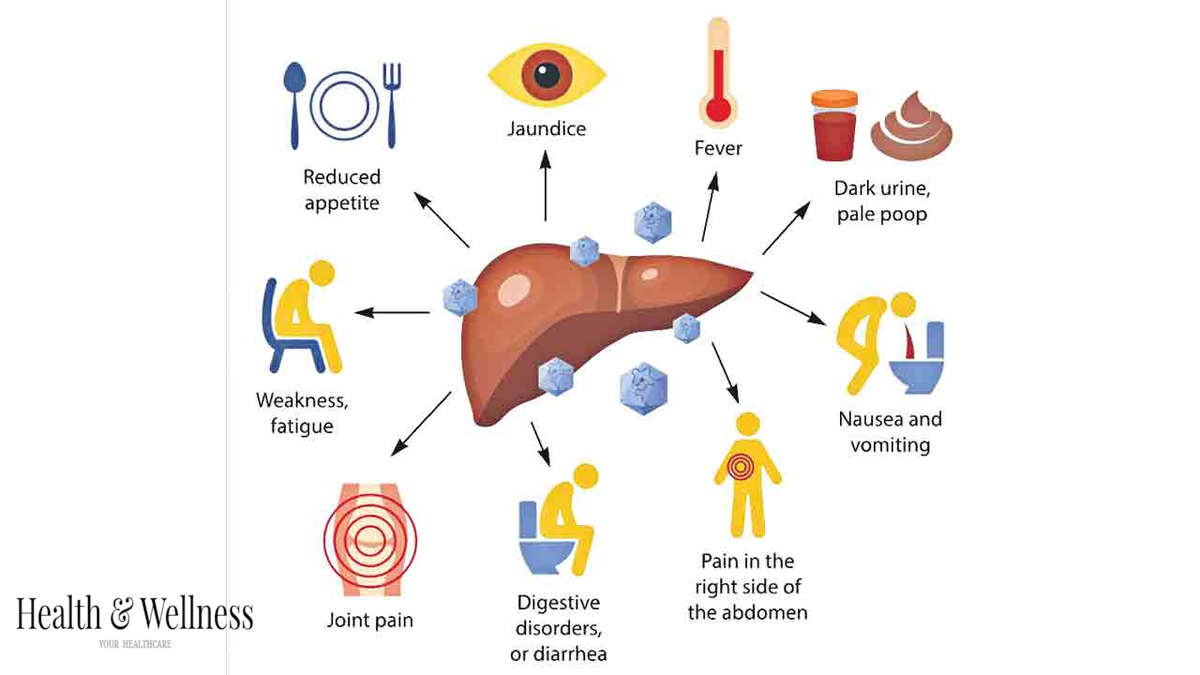A reasonable way to deal with eating might be best for mind wellbeing

Another observational review proposes that with regards to consume less calories and mind wellbeing, a reasonable way to deal with smart dieting might be best for the cerebrum.
Specialists involved a web-based survey to gather dietary data for right around 182,000 individuals. They utilized different assessment techniques to gather information about members’ mind wellbeing, including mental capability tests, blood metabolic biomarkers, and cerebrum X-ray. Psychological well-being assessments estimated tension levels and burdensome side effects.
The analysts found that most members followed one of four eating designs:
1. High measures of natural products (new or dried), vegetables, and creature based protein (greasy fish, chicken, hamburger); moderate measures of dairy; and low measures of starches (grain, bread) and handled food sources.
2. Veggie lover or plant-based: high measures of foods grown from the ground, moderate measures of starches and dairy, and insignificant creature based protein.
3. High measures of creature based protein and handled food sources; low measures of products of the soil.
4. Adjusted: moderate measures of organic products, vegetables, creature based protein, and dairy, and low measures of starches and handled food varieties.
The people who followed the reasonable dietary example had the least emotional wellness issues and the most noteworthy scores for mental capabilities contrasted and the other eating designs. The reasonable eaters by and large followed an everything with some restraint approach. They ate great measures of sound protein food varieties, vegetables, natural products, and dairy, yet in addition delighted in more modest measures of bread, oat, handled food varieties, and, surprisingly, periodic cocktails.






